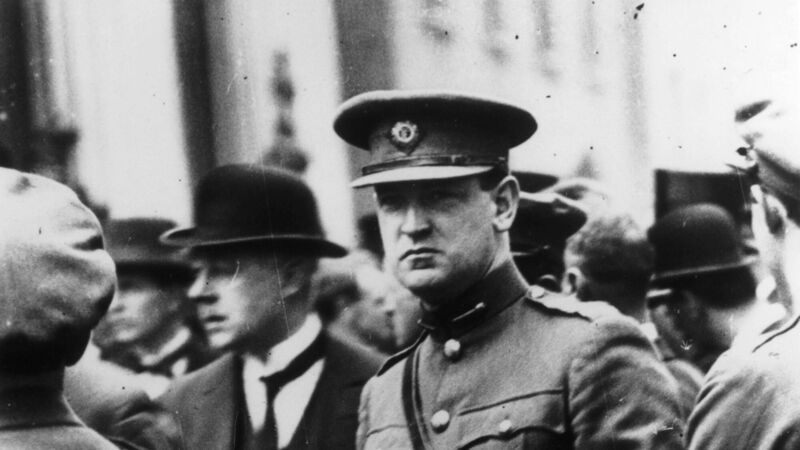Irish Examiner view: Formal inquiry into death of Michael Collins is a dead end

The Taoiseach has ruled out holding an official enquiry into the death of revolutionary and statesman Michael Collins who died during the Civil War on August 12, 1922. Picture: Topical Press/Getty Images
The Taoiseach, Micheál Martin, is wise to rule out any formal inquiry into the death of Michael Collins on August 22, 1922 at Béal na Bláth, County Cork, in the middle of the bloody conflict between Free State and anti-Treaty forces.
This is not because it is undesirable to know what happened in the firefight just before sunset on that fateful day. Quite the reverse. As we wrote at the start of October, “the assassination of Michael Collins, if that is what it was, is one of the foundation myths of the state and resonates to this day:
















